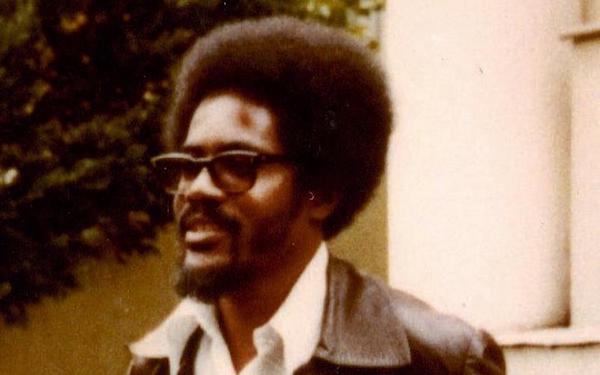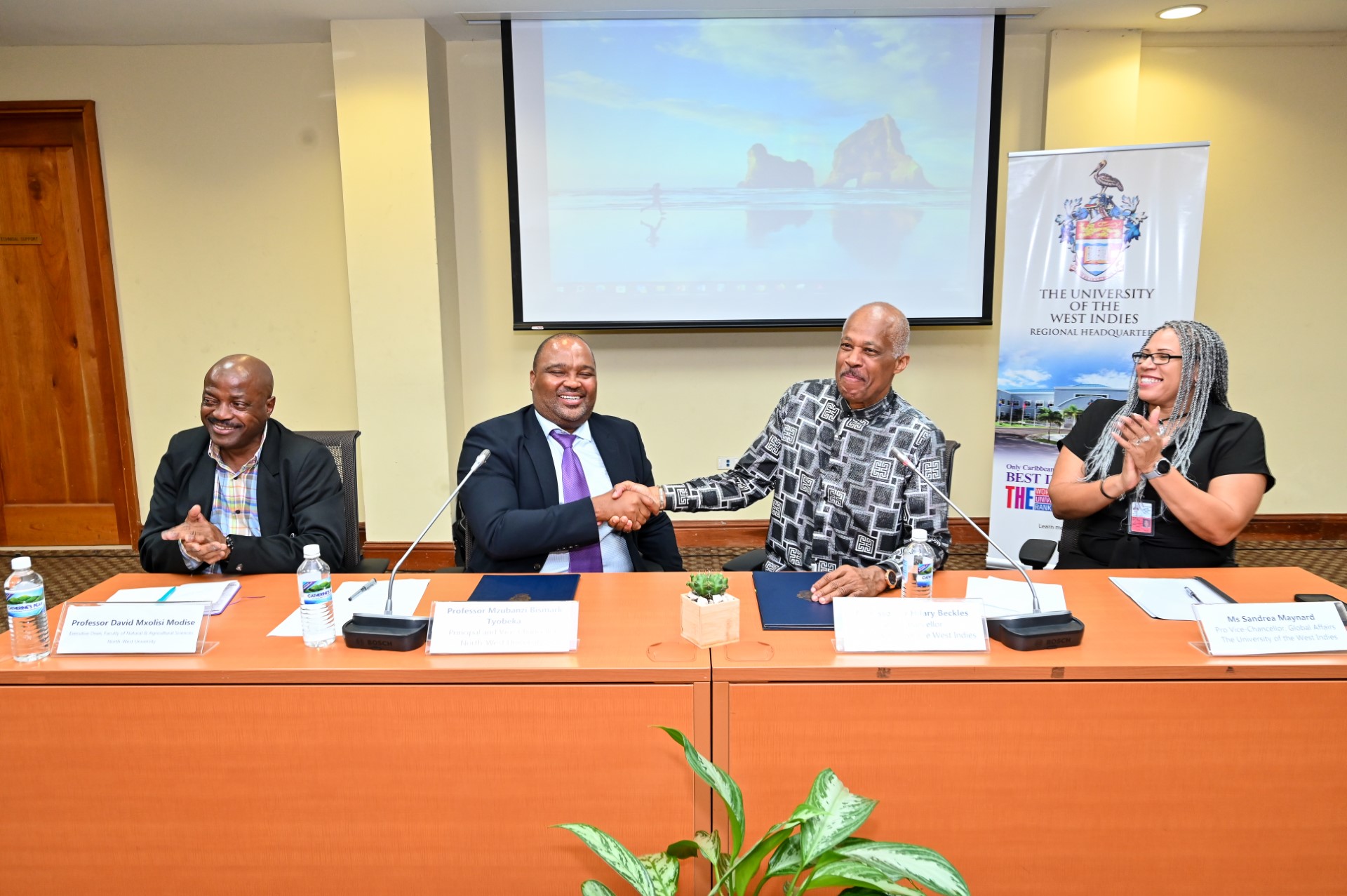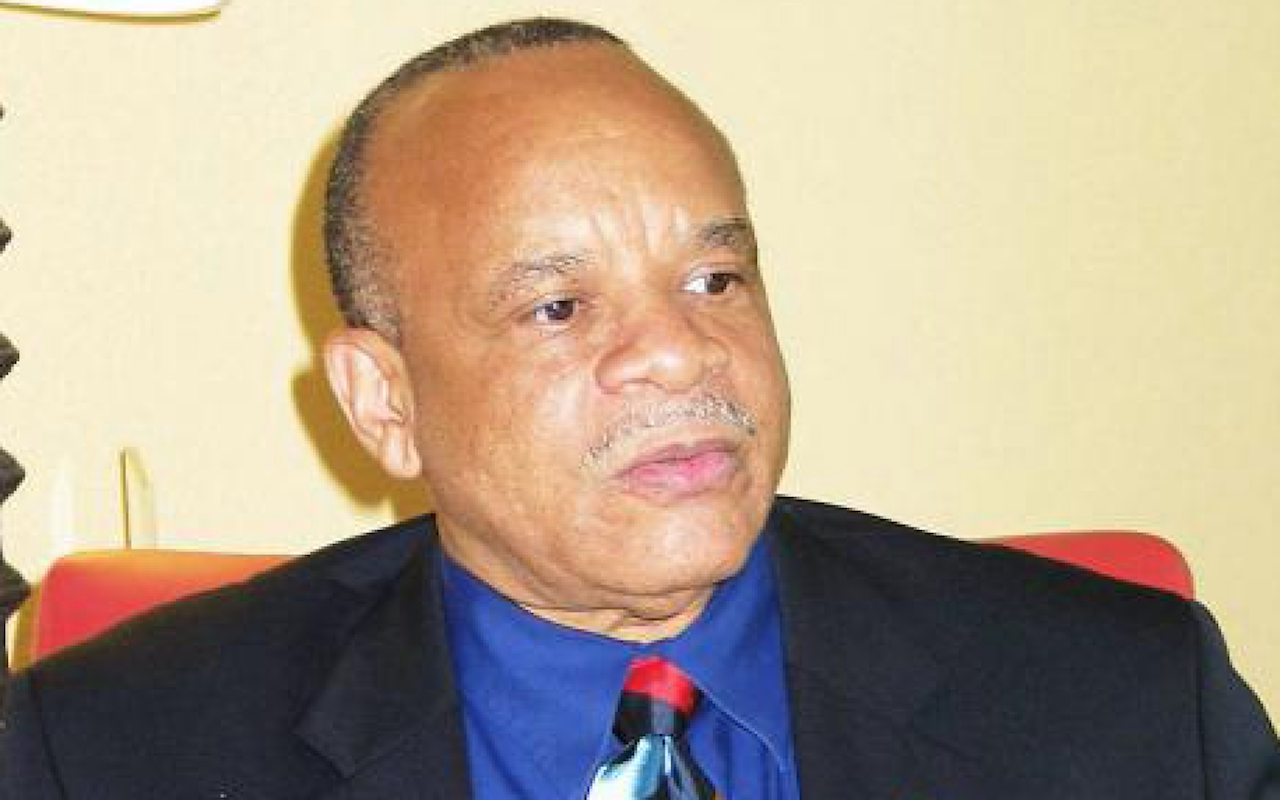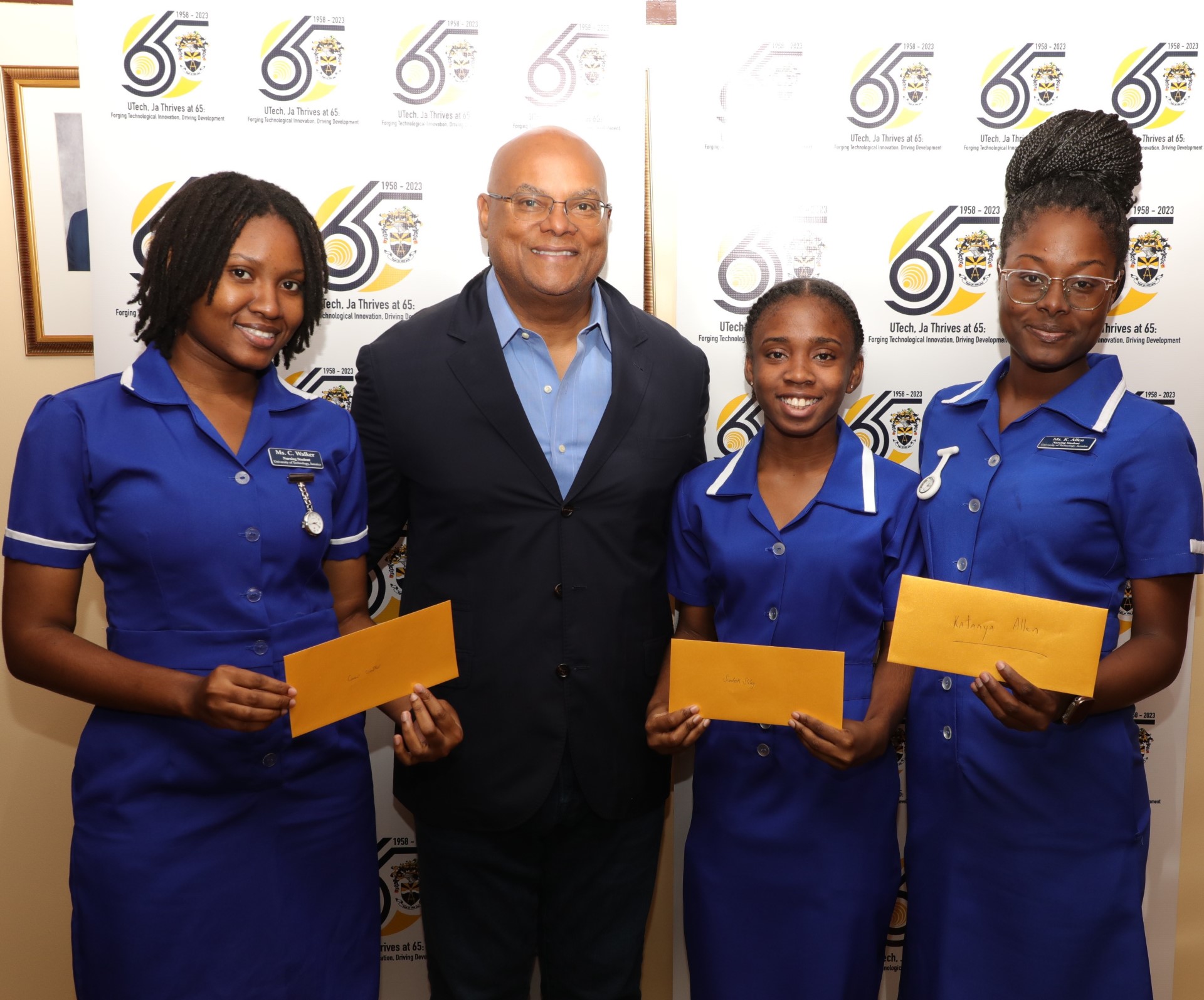To commemorate the 40th anniversary of Walter Rodney’s death, on June 13, 2020, The University of the West Indies (The UWI) hosted a Vice-Chancellor’s Forum discussing his legacy and contributions.
The late political activist historian, who was a UWI alumnus and academic is recognised as one of the Caribbean’s most brilliant minds and a prominent figure in the US Black Power movement. Four decades later, the anniversary of his assassination falls on the backdrop of protests in the US and around the world around the ‘Black Lives Matter Movement’.
Ambassador Dr Richard Bernal, Pro Vice-Chancellor and Professor of Practice, Global Affairs at The UWI who moderated of The UWI Forum noted, “The example of his political activism is still very relevant”. In his opening remarks he highlighted that current demonstrations and black consciousness are similar to the 1960s—the peak of Walter Rodney’s influence.
The virtual event brought together a panel of experts who shared their reflections of Rodney, how he contributed to Caribbean excellence and the ongoing importance of his work today.
Professor Sir Hilary Beckles, Vice-Chancellor lauded Rodney’s outstanding contributions to The UWI, the Caribbean and the wider world. Vice-Chancellor Beckles stated, “In many ways, Rodney was the best of The UWI—a brilliant, young intellectual rooted in Caribbean development discourse.”
He credited Rodney as being instrumental to The UWI, as he was part of a movement that moved the institution away from the colonial scaffolds, which provided the foundation for nationalism, regionalism, a liberational University and Caribbean authenticity.
Dr Ralph Gonsalves, Prime Minister of St Vincent and the Grenadines also praised Walter Rodney’s work as among “the most outstanding in the 20th century Caribbean”. He reflected on his personal activism in his younger days in support of Walter Rodney, and at the forefront of demonstrations against Rodney’s ‘persona non grata’ from the Jamaican government.
“Upon learning about Rodney’s banning, I led a massive demonstration into the city. The size and scale surprised those of us who were the organisers of this protest as we were joined by thousands of unemployed youths and Rastafari and dispossessed persons in the city”.
“Rodney would have been pleased that his work inspired so many of us to walk in his footsteps, and that unlike in his day, the current revolution against racism is being televised”, Professor Verene Shepherd, Director, The UWI Centre for Reparations Research stated.
This dictum paid homage to the infamous Gil Scott-Heron quote and acknowledged the global solidarity that black power movements witnessed today. Professor Shepherd affirmed that aspects of Rodney’s life inspired her own academic and activist pursuits. She shared an open letter, thanking him for his work and crediting him for her trajectory.
Professor Emeritus Rupert Lewis, current Director of The UWI PJ Patterson Centre for Africa-Caribbean Advocacy also drew similarities to Rodney’s work and the present context.
He emphasised that “Forty years later, I cannot think of better circumstances than which to memorialise Walter Rodney than the nation-wide movement in the United States, protesting white supremacist violence against black people and the corresponding global response”. Professor Lewis further stated that 2020 had exposed the numerous vulnerabilities of black people, who could draw today on the legacies of Rodney and his work.
Referring to Rodney as a friend and colleague, Professor Clive Y. Thomas, Professor Emeritus, University of Guyana, complimented his contributions to the region. Rodney, he revealed, was instrumental to the development of the Working People’s Alliance (WPA) in Guyana so that it could reflect the interests of the material and political conditions of worker’s lives.
In his tribute he also said, “On the 40th anniversary of Walter Rodney’s death, there could be no better opportunity than the ones that present themselves today to recognise the importance of his work”, and acknowledged that Rodney was not only considered a hero in the Caribbean, but was revered everywhere.
Asa Messer Professor of Humanities and Critical Theory, Professor of Africana Studies and Director of the Center of the Study of Slavery and Justice at Brown University in the US, credited Rodney as a central figure of the 20th century in the radical Caribbean’s intellectual tradition.
“As a radical thinker of both history and politics, Rodney began to grapple with the deepest meanings of Caribbean society from the perspective of the ordinary and everyday persons in Caribbean life. As we remember him, we should not just invoke him as a seminal Caribbean intellectual; rather, we should recall his life as an implication of the unfinished work in the Caribbean—a Caribbean where we have abolished all the vestiges of racial slavery and colonialism. The struggle of such a society was at the heart of Rodney’s historical political and activist work”.
Rounding off the forum, Professor Clinton Hutton from the Department of Government in the Faculty of Social Sciences at The UWI Mona Campus, highlighted Rodney’s contribution to history, culture, philosophy and decolonisation.
“In Rodney’s thoughts, history was central to the issue of the philosophy of the decolonisation of the sovereign being and agency. And, using this, he went into communities to reason with ordinary Jamaicans about their country, about the Caribbean, about the African world and how we should proceed using the indigenous tradition of resistance, philosophy and sovereignty as articulated by the Rastafarian movement”.
The re-broadcast of The UWI Vice-Chancellor’s Forum: The Life and Work of Walter Rodney will air on UWItv in the near future.




